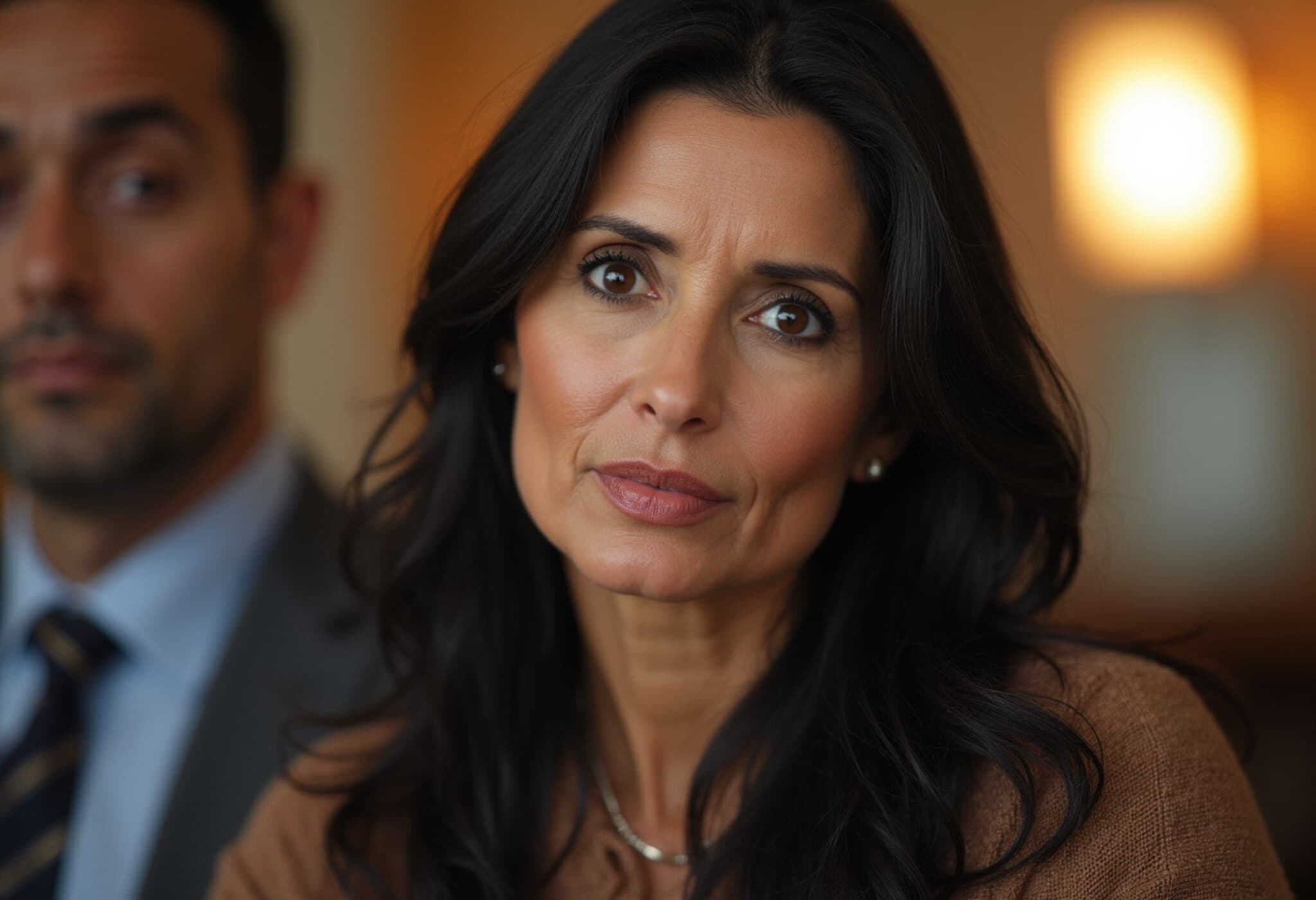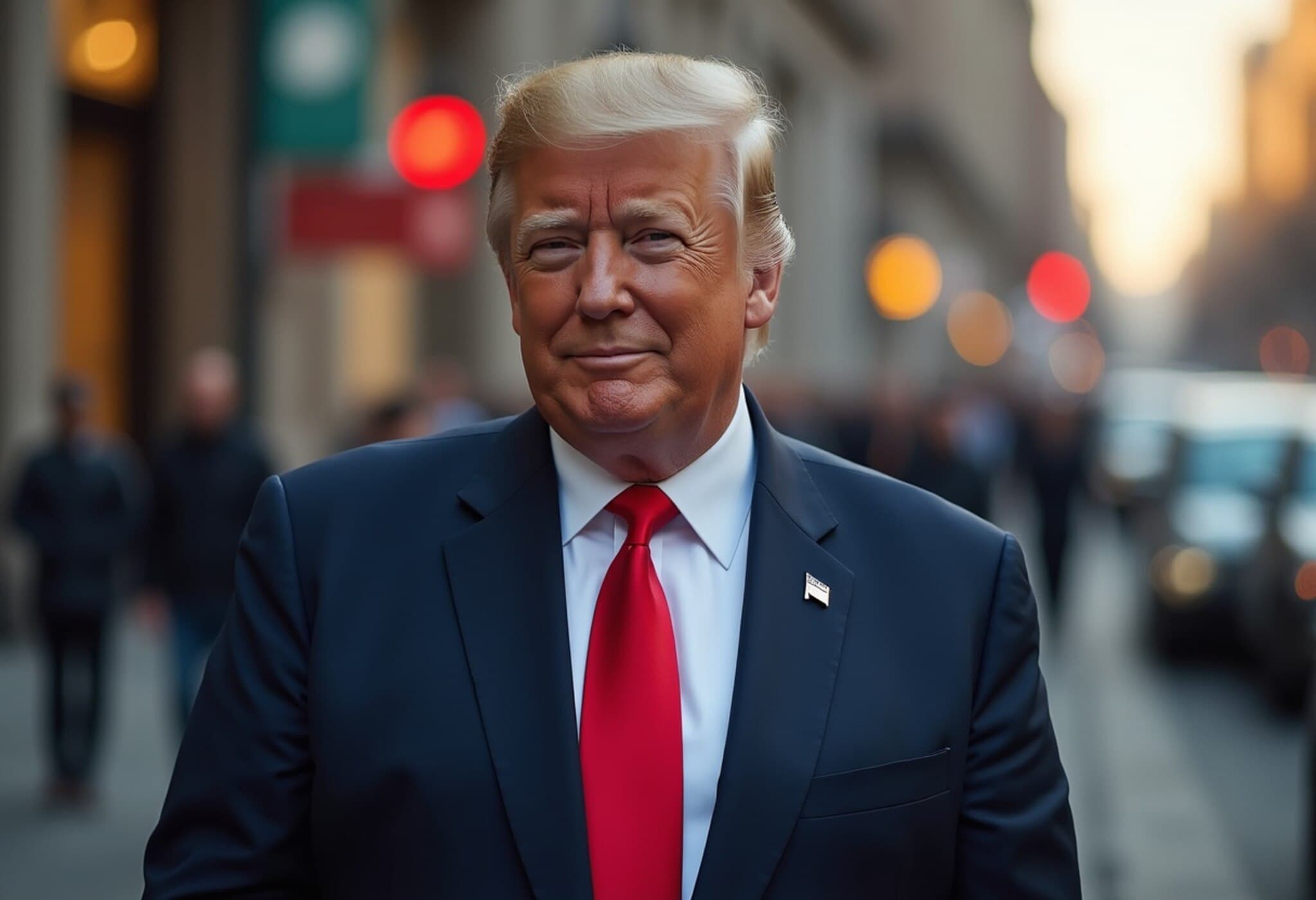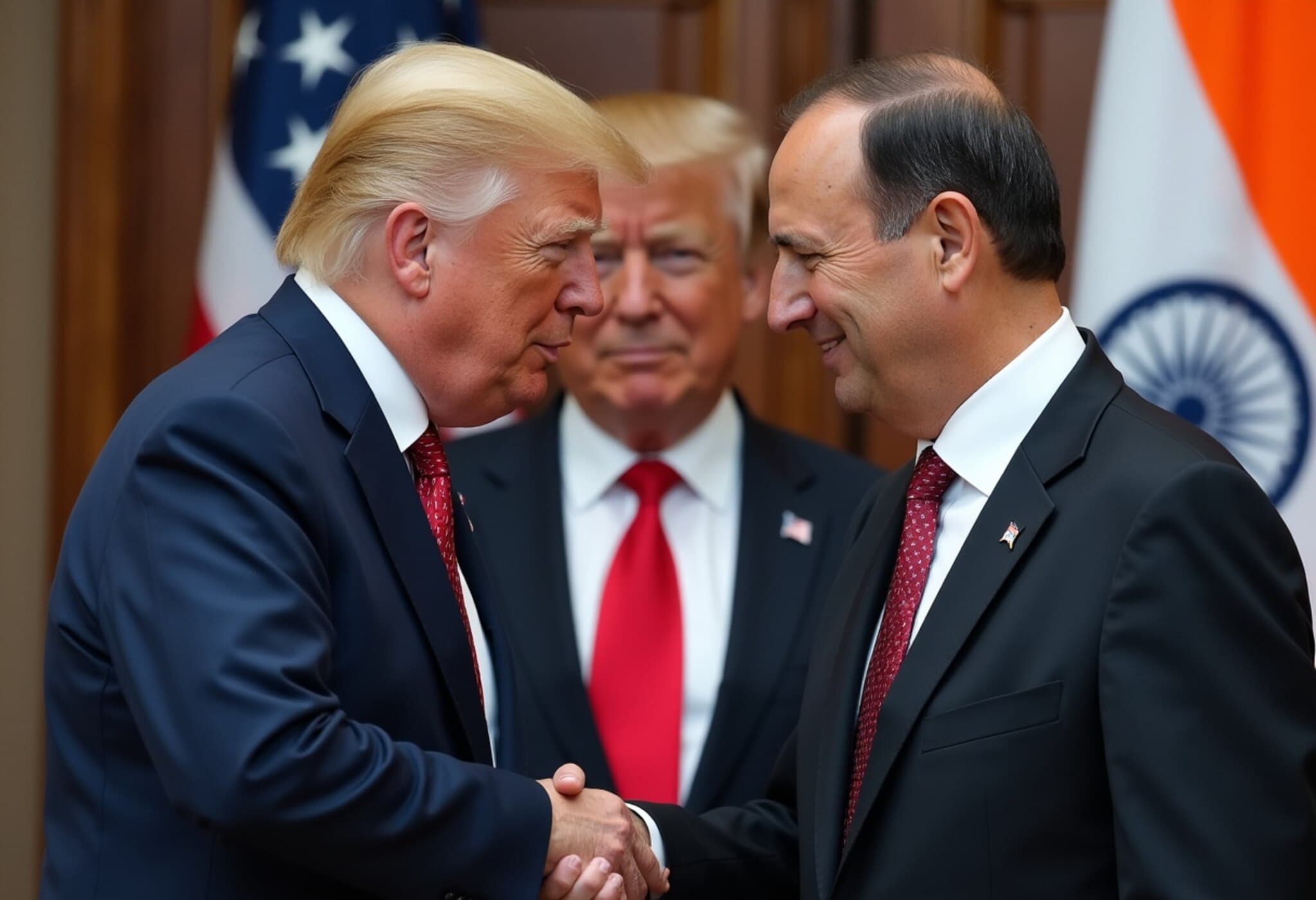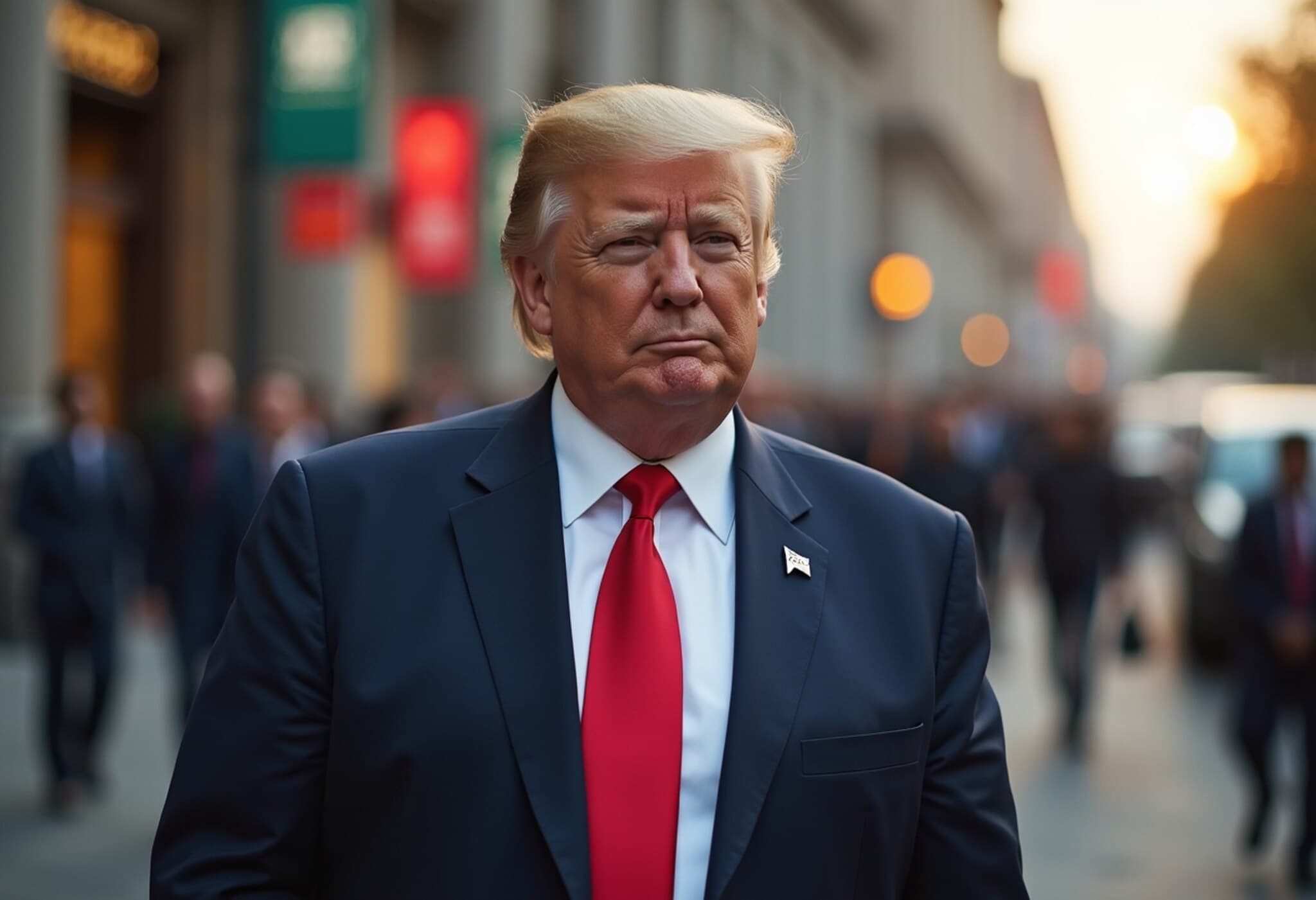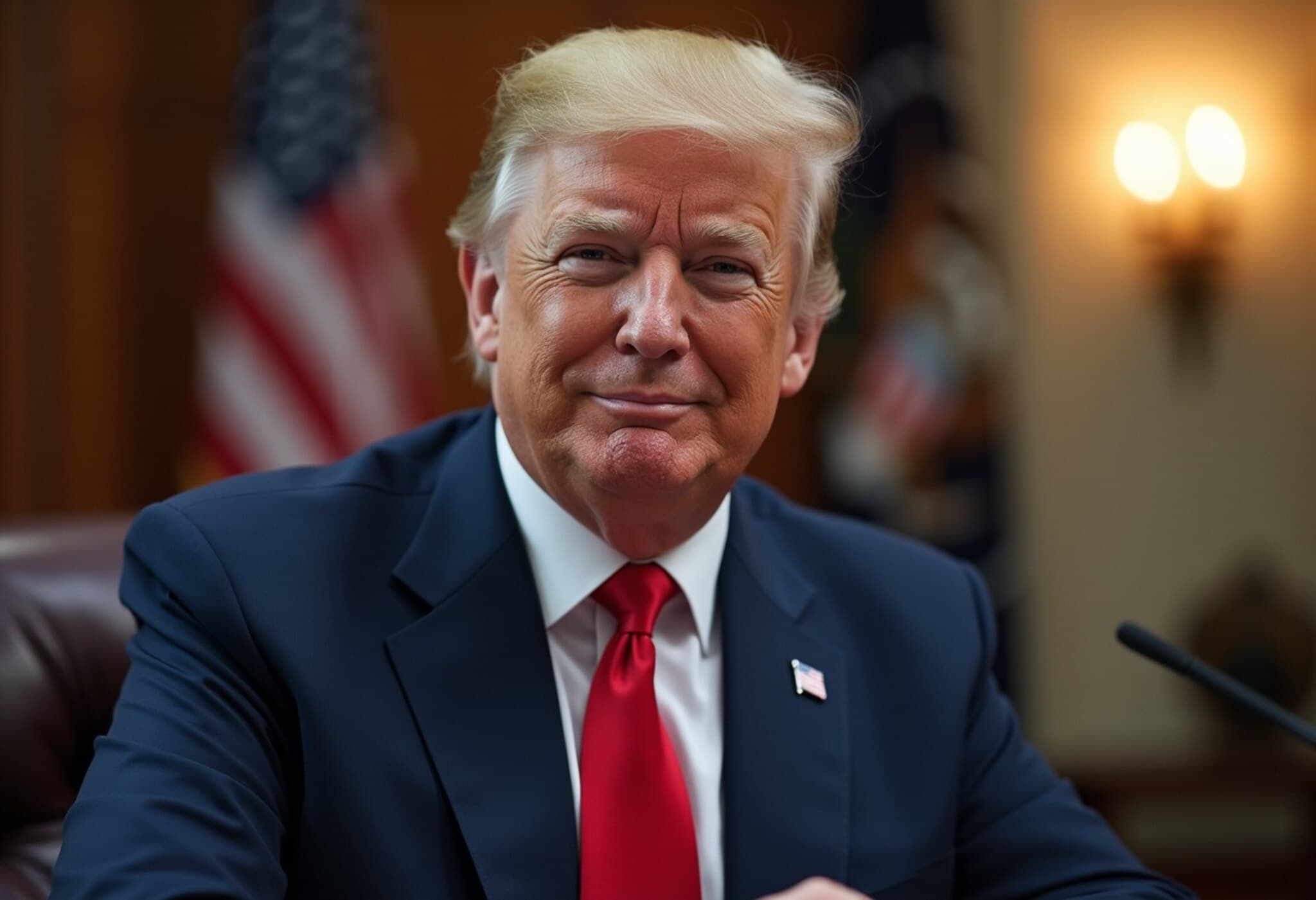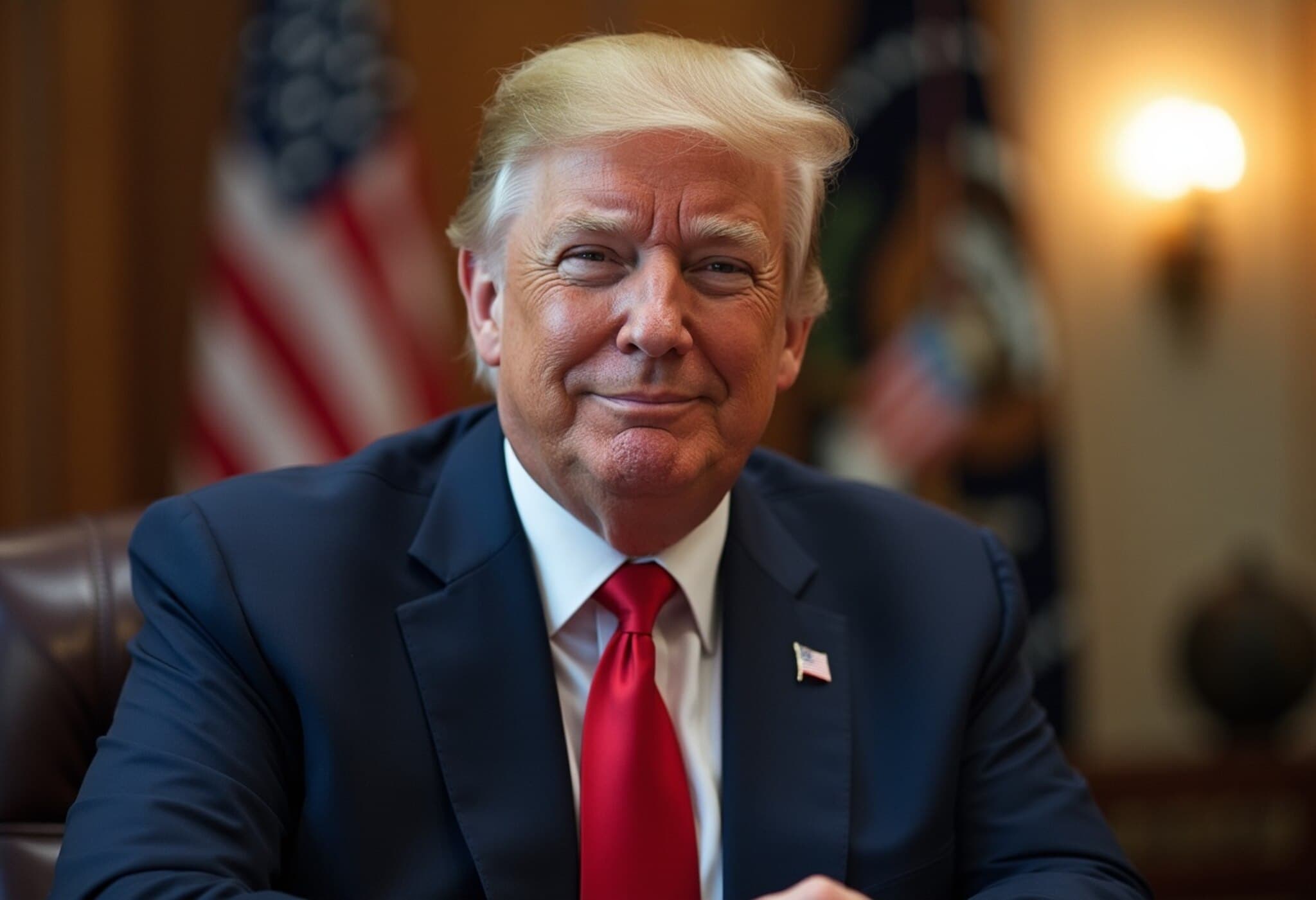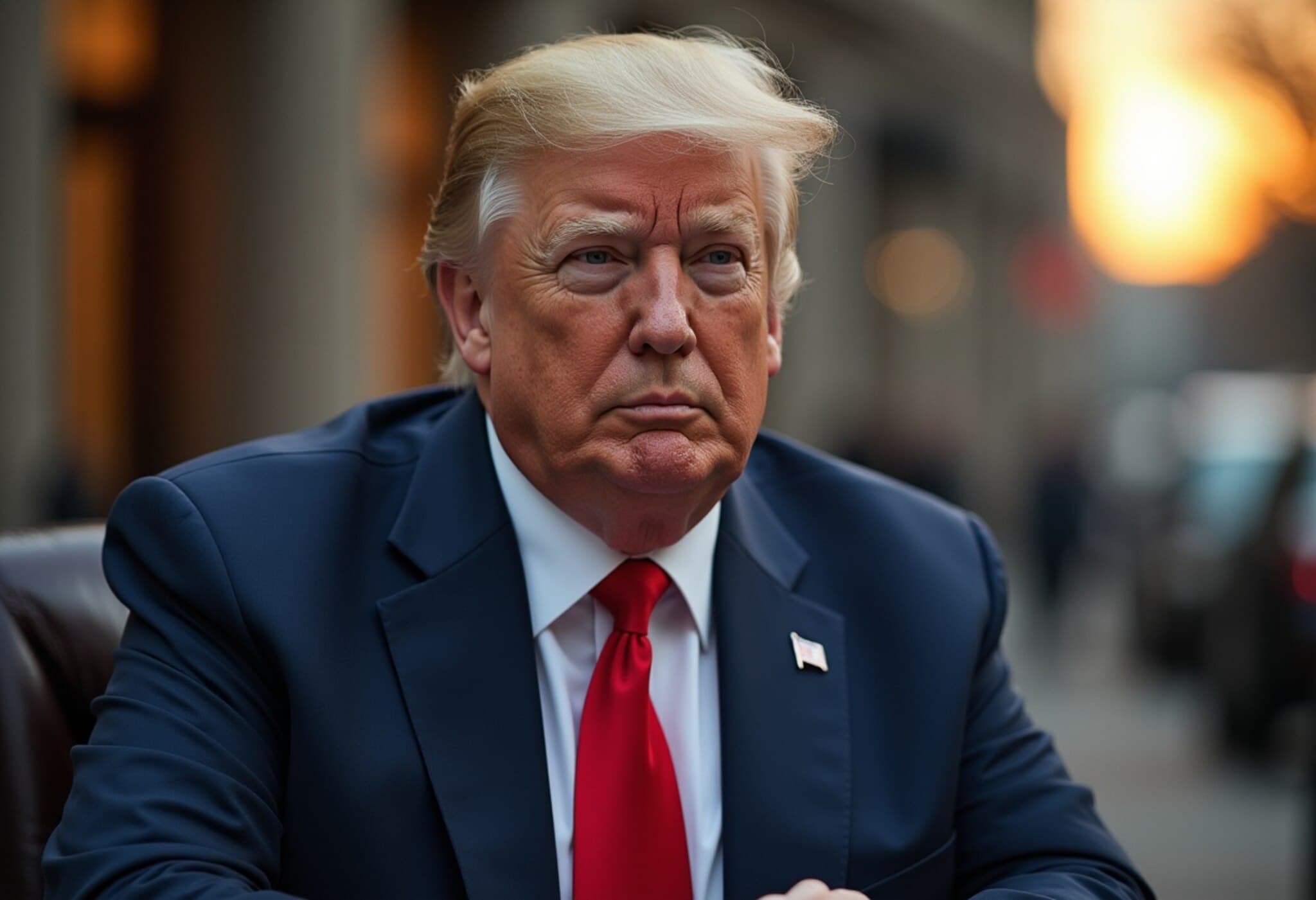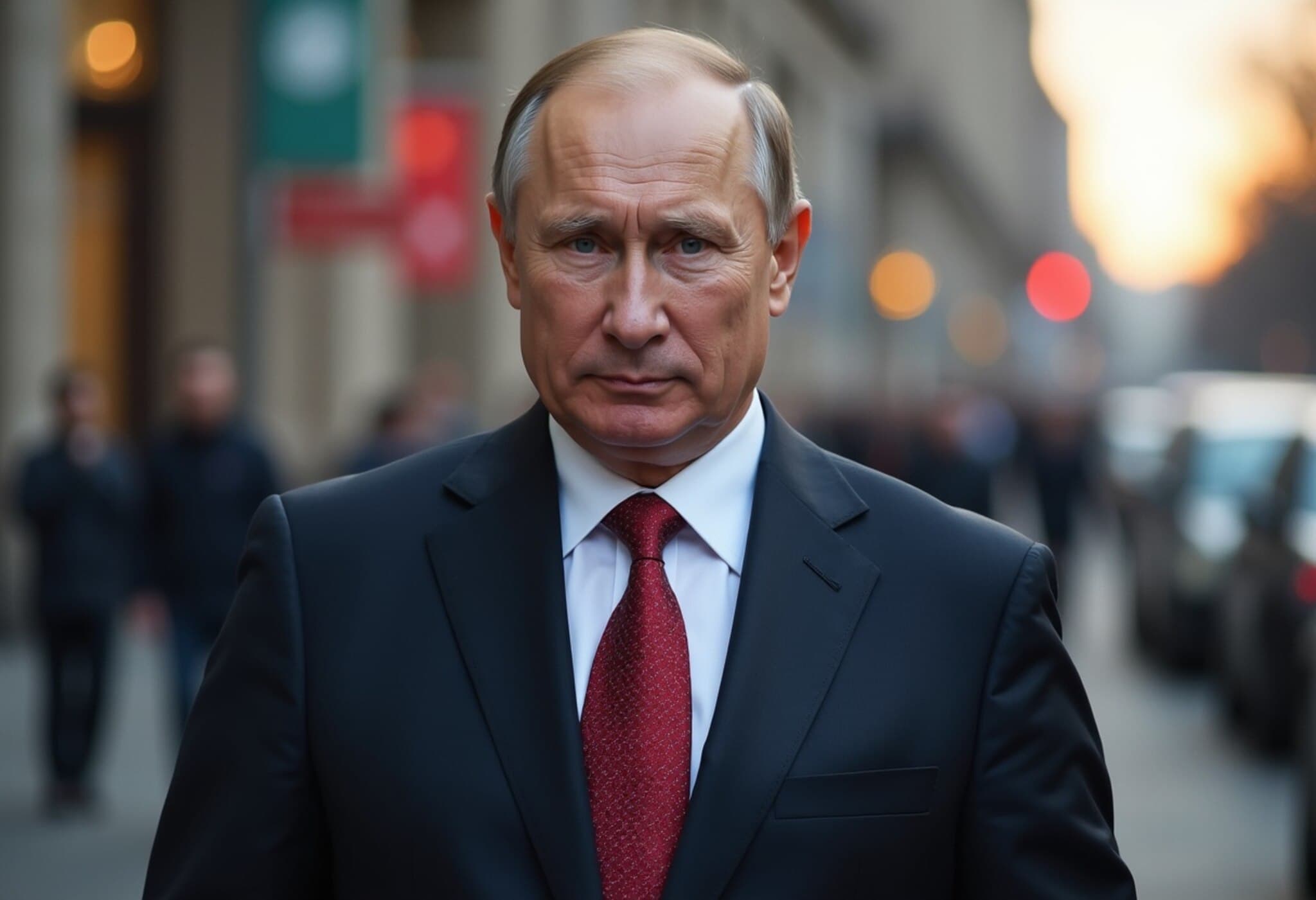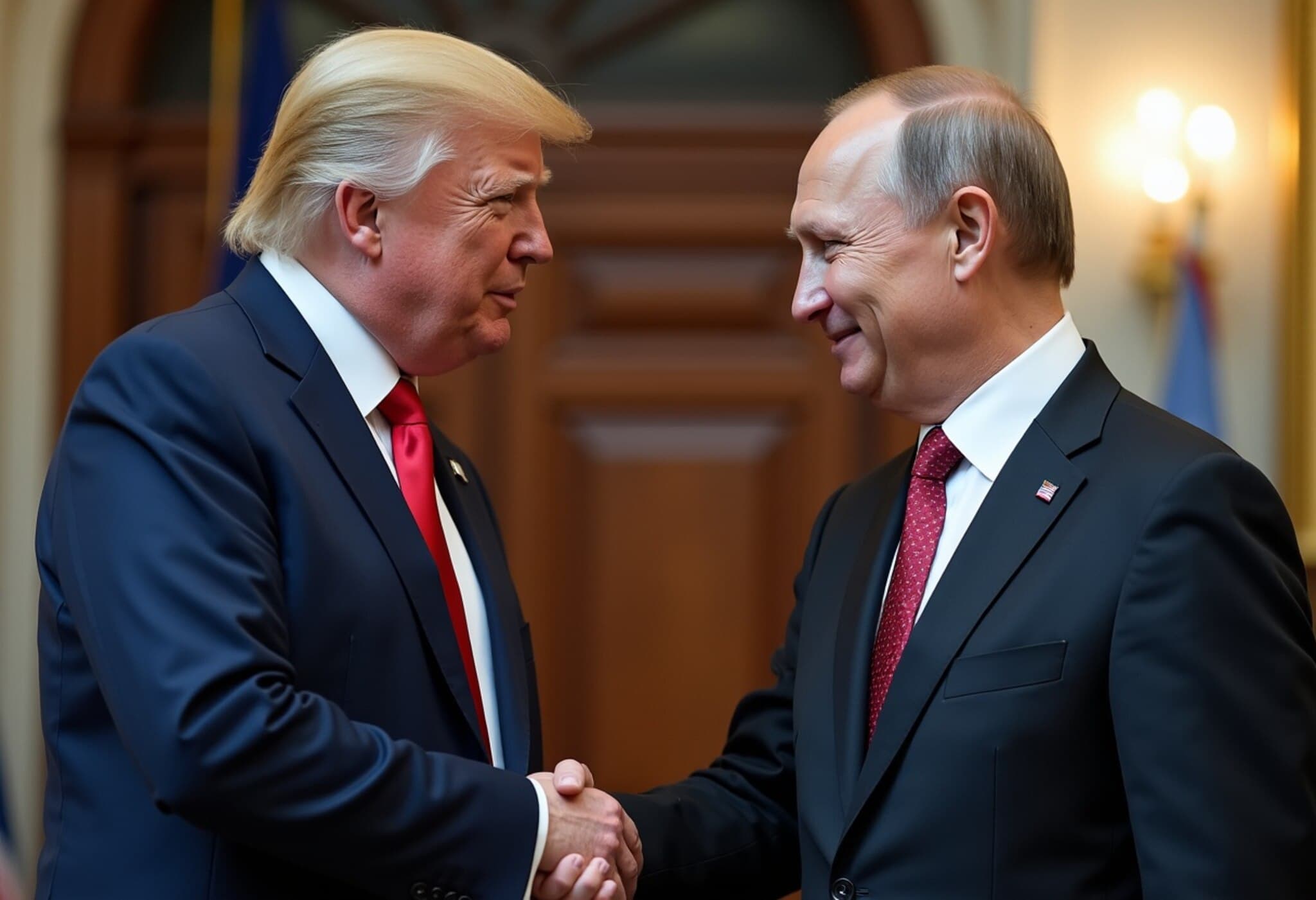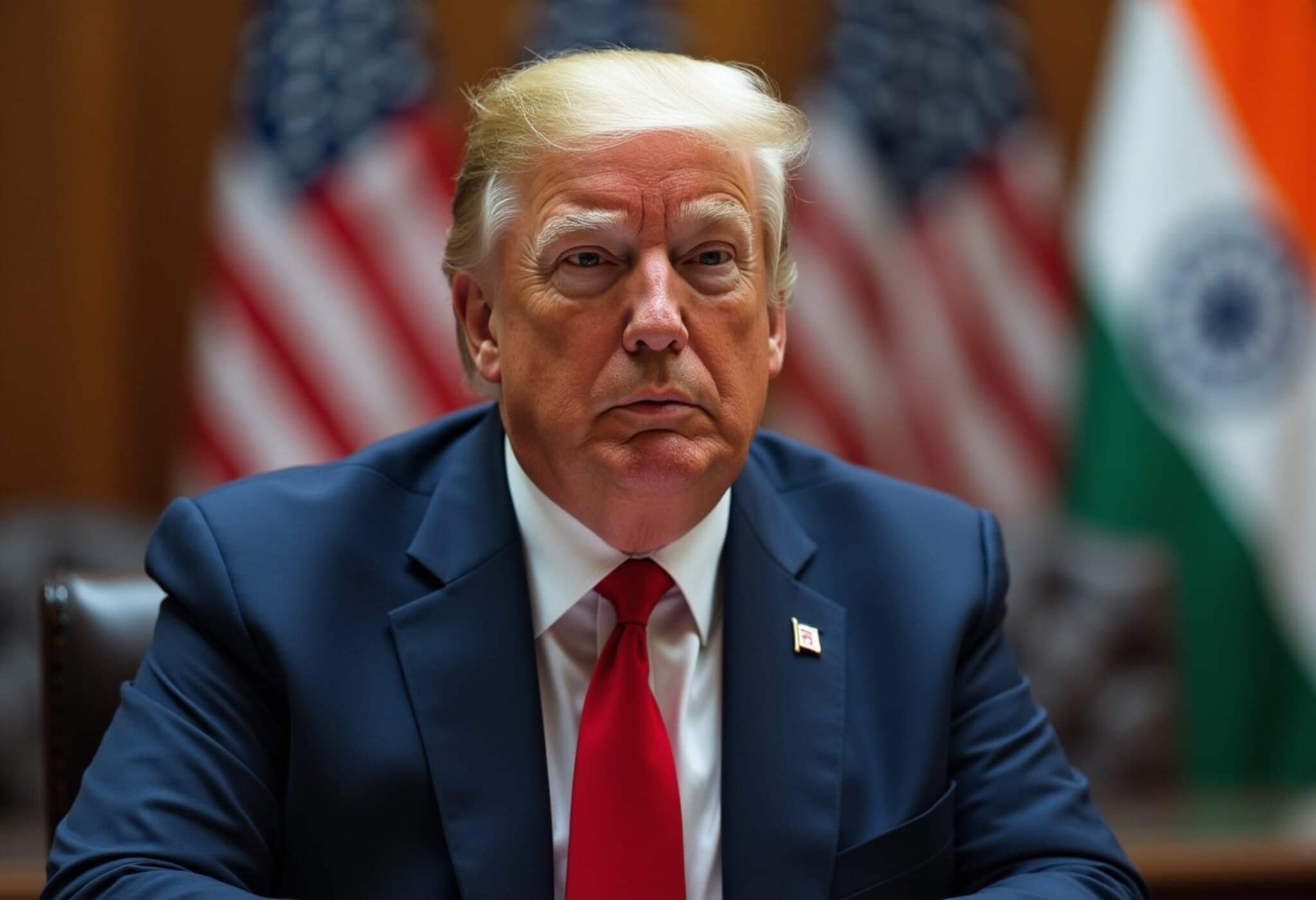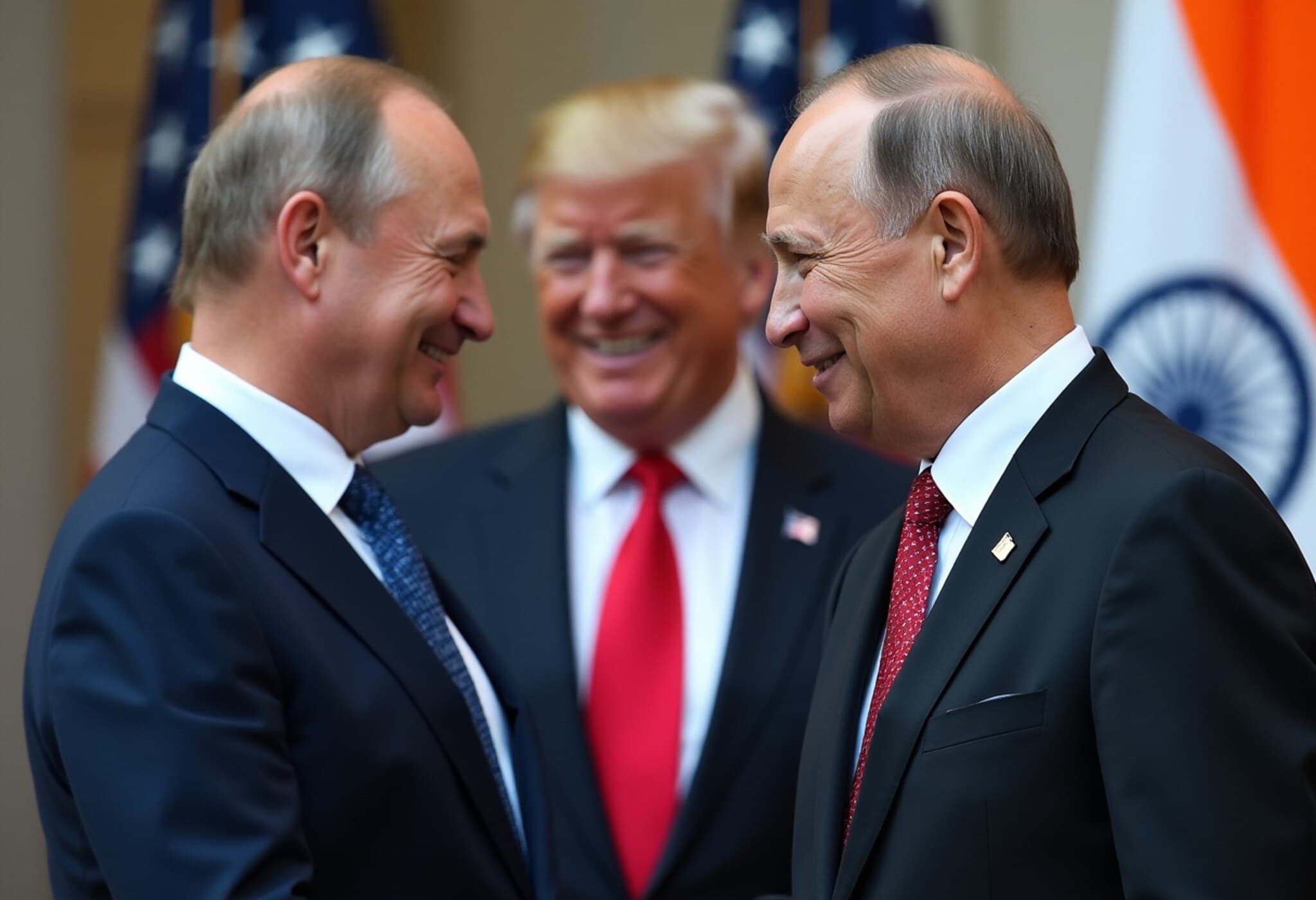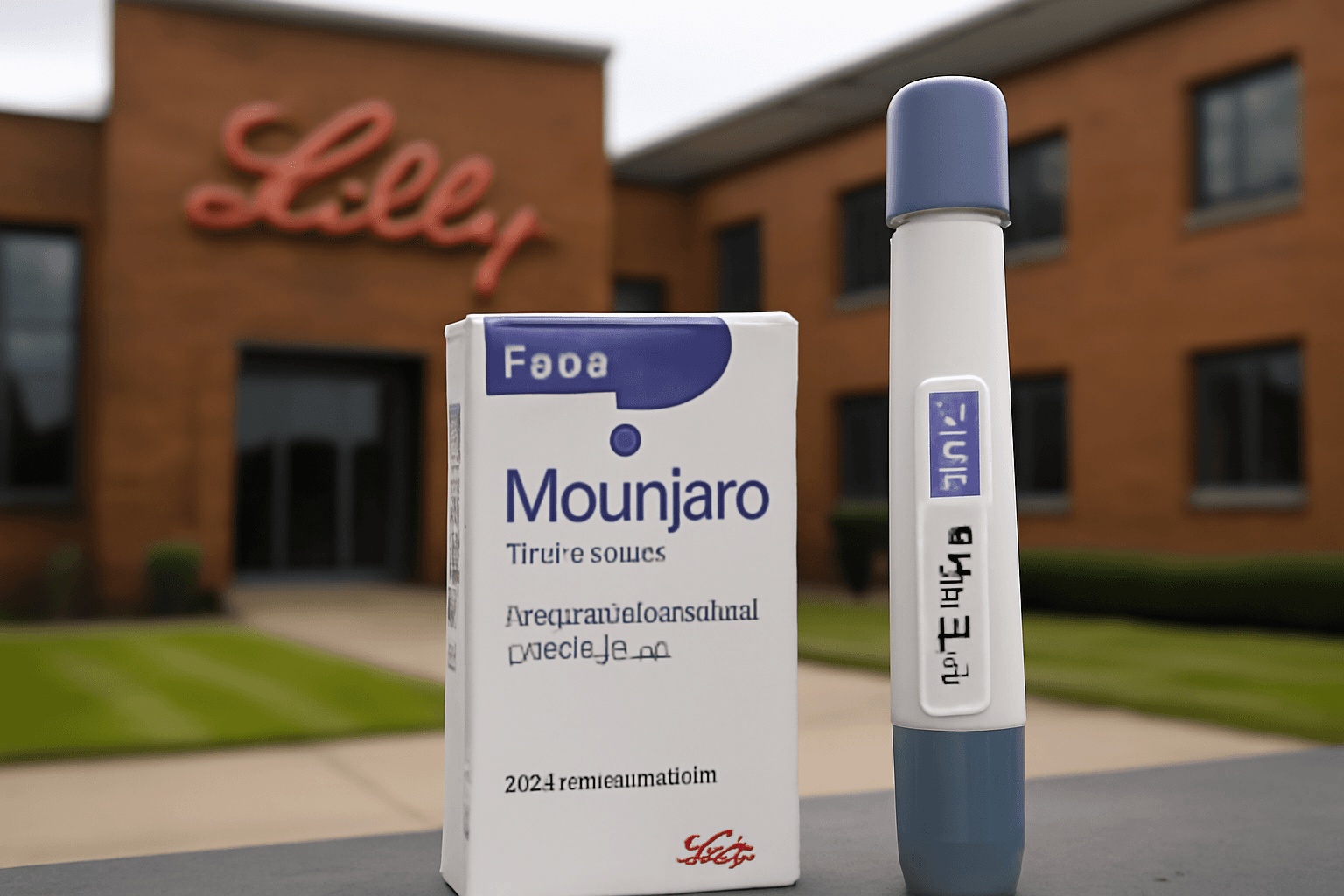Indian-Origin MAGA Supporter Highlights Trump’s Strained Relations with India
Asha Jadeja Motwani, a venture capitalist of Indian origin and vocal supporter of the "Make America Great Again" (MAGA) movement, recently shared insights on US President Donald Trump's current feelings towards India and suggested steps to mend the diplomatic rift. Speaking candidly on the social media platform X, Motwani painted a picture of a president who feels "hurt, humiliated, and shocked" following recent tensions over ceasefire disagreements and escalating tariff disputes.
Trump’s Suggested Path to Musk India-US Relations
Highlighting the symbolism behind Trump's continued tariff impositions, Motwani urged India to adopt a warmer, more engaging stance to facilitate a diplomatic thaw. According to her analysis, such a pivot could directly influence the potential rollback of burdensome tariffs, some of which have pushed duties on Indian goods up to 50%—among the highest globally.
- Investment Commitments: Motwani proposes that major Indian business conglomerates publicly pledge investments in the US economy ranging from $100 billion to $500 billion. Such gestures, she argues, would signal India’s commitment to mutual economic growth.
- Defence Procurement Deals: Closure of deals involving US defence systems like Stryker and Javelin symbolizes strategic alignment.
- Energy Imports: Increasing energy purchases from the US while decreasing dependency on Russian crude to ease geopolitical complexities.
- Diplomatic Recognition: A public acknowledgment of Trump's behind-the-scenes efforts in managing China and Pakistan relations.
- Expressing Affection: Motwani stresses that American political culture appreciates explicit, expressive warmth—something she feels Indian diplomacy could cultivate more actively.
Contextualizing the Ceasefire Dispute and Tariff Escalation
Earlier this month, Trump imposed a 25% additional tariff targeting India’s import of Russian oil, exacerbating previous tariffs introduced late July as part of a broader strategy impacting more than 60 countries. This economic pressure stems from US concerns tied to India’s ongoing purchase of Russian crude amid heightened geopolitical tensions surrounding the Russia-Ukraine conflict.
Motwani framed the public spat as a personal slight—a “best friend” insulted—urging Indian policymakers and business leaders to navigate this delicate moment with "niceness and agility". She recommended portraying India as a “peacebuilder” in global conflicts, particularly between Russia and Ukraine, to recast India’s international image positively in Western capitals.
Expert Take: What This Means for US-India Relations
From an American policy perspective, Trump's approach embodies a transactional style emphasizing clear returns on strategic relationships. The calls for investment pledges and increased energy imports tie directly into US goals for economic revitalization and energy security. Furthermore, the suggestion that India publicly thank Trump signals the importance of soft power and personal diplomacy in navigating modern international relations.
Yet, these overtures also highlight broader tensions between traditional Indian diplomatic restraint and Western expectations for expressive political engagement, a cultural dynamic worth deeper exploration by policymakers on both sides.
Looking Ahead: The Road to the Quad Summit
As India prepares for President Trump’s anticipated visit during the Quad summit, there is a critical opportunity for both parties to reset ties. Indian businesses potentially announcing significant investment plans could act as a diplomatic olive branch, underscoring shared interests while reducing tariff frictions.
But success hinges on more than just financial figures—it requires genuine goodwill, transparent communication, and active efforts to bridge cultural divides.
Editor’s Note
In this unfolding saga, the intersection of personal politics, international diplomacy, and economic strategy offers profound lessons on managing bilateral relationships in today’s complex geopolitical landscape. Trump's feelings of humiliation reflect how emotional dynamics influence policy decisions, reminding us that behind every tariff hike or investment deal lies the nuanced realm of human relationships and perceptions.
As the US and India grapple with divergent interests and mutual dependencies, it is worth considering: How can countries better navigate the emotional undercurrents shaping diplomacy? And beyond economic incentives, what role does cultural empathy play in sustaining global partnerships?
These questions are critical as we watch this high-stakes dance unfold on the world stage.


